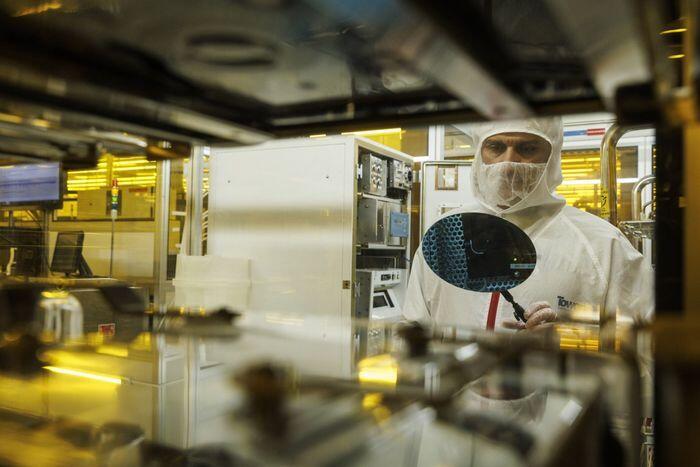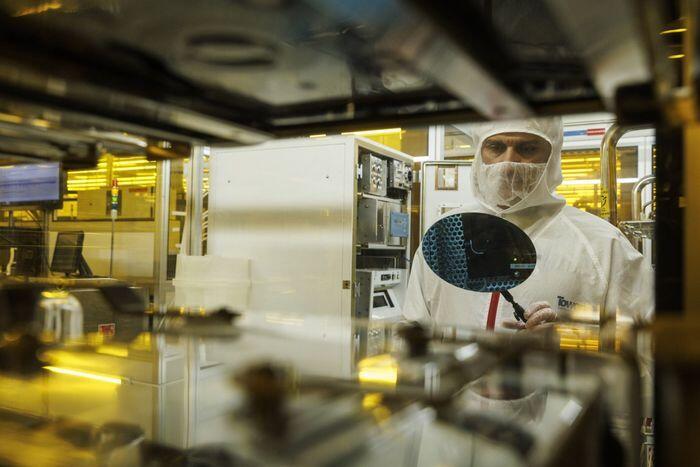
Intel halts construction of new $25 billion factory in Israel
Intel's suppliers received notice of the cancellation of contracts for the supply of equipment and materials required for the establishment of the company's new factory over recent days. The Ministry of Finance was aware of the company's decision to halt the establishment of the plant.
Is Intel’s new $25 billion factory in Israel in danger of being canceled? Intel's suppliers received in recent days notice of the cancellation of contracts for the supply of equipment and materials required for the establishment of the company's new factory. The Ministry of Finance was aware of the company's decision to halt the establishment of the plant.
The new plant, which the company officially announced last December, is to be built in Kiryat Gat with an investment of $25 billion. As part of the agreement with the state on the establishment of the factory in Israel, the company is supposed to receive incentives worth $3.2 billion and, in return, has committed to purchasing products and services worth 60 billion shekels from Israeli suppliers over the next decade.
In March, it was reported that OPC is expected to build a power plant for Intel in Kiryat Gat with an investment of up to $900 million. The company, controlled by Idan Ofer, signed a memorandum of understanding with Intel in Israel. If a final agreement is indeed signed, the construction of the station is expected to be completed in 2026, with OPC supplying electricity for a period of 20 years.
Calcalist has also learned that several senior officials at Intel Israel have transferred their jobs to a factory that Intel is establishing in Ohio, as part of the American program to encourage the establishment of chip factories in the country.
Intel said in response: "Israel continues to be one of our key global manufacturing and R&D sites, and we remain committed to the region. As mentioned previously, the scope and rate of expansion of Intel's production at the company's sites around the world depend on a number of changing factors. Managing a project of this magnitude, especially in our industry, usually involves schedule adjustments. Our decisions are based on business conditions, market dynamics, and responsible capital management."















